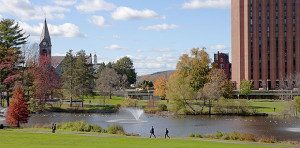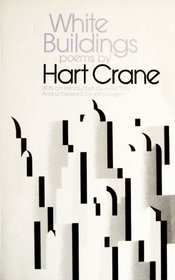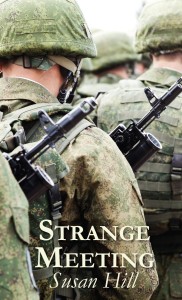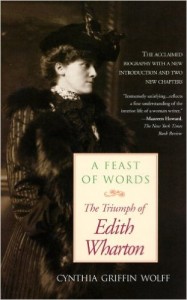I did an MFA in Creative writing and English at UMass/Amherst when it was rated the third best writing program in the country–not that I picked it for its status. I wanted a school that was close to my New York home but not too close, which ruled out many other programs.
 UMass was where I got my start as an author because I published my first story while still a student, in Redbook, which had 4.5 millions readers at the the time. This was after having won second prize in the department’s writing contest my first year, and first prize my second year.
UMass was where I got my start as an author because I published my first story while still a student, in Redbook, which had 4.5 millions readers at the the time. This was after having won second prize in the department’s writing contest my first year, and first prize my second year.
Each semester I had a writing workshop, but some of my favorite professors were actually literature teachers (we had to do thirty credits of lit classes). I still think about them years later because they passed on the most precious teacher’s gift of all: excitement. They were so passionate about the writers they taught that they set off fireworks in my mind that still glow whenever I think about those writers or read them.
Paul Mariani was a Hart Crane expert and while I’d read a biography of the doomed poet and some of his letters before signing up for Mariani’s Symbolist poetry seminar, Crane’s work seemed inaccessible to me, arcane and closed. But Mariani made the poems intimate, open, immediate, and I still quote lines from “Voyages,” “Chaplinesque” and “The Broken Tower” today. Crane feels like an old friend and I re-read his poems more than any other poet’s.
 The late Ernest Hofer taught Contemporary British fiction and brought over English paperbacks for his students because we couldn’t buy them in the U.S. in those pre-Amazon days. Under his tutelage I read writers I probably wouldn’t have found on my own: Iris Murdoch, Susan Hill, Alan Sillitoe, Anthony Powell. Hill’s Strange Meeting is still one of the best WW I novels I’ve ever read. Hofer was also a Henry James expert and he let me co-teach a James class with him in which I also supervised an honors student. That gave me even more teaching experience than I already had.
The late Ernest Hofer taught Contemporary British fiction and brought over English paperbacks for his students because we couldn’t buy them in the U.S. in those pre-Amazon days. Under his tutelage I read writers I probably wouldn’t have found on my own: Iris Murdoch, Susan Hill, Alan Sillitoe, Anthony Powell. Hill’s Strange Meeting is still one of the best WW I novels I’ve ever read. Hofer was also a Henry James expert and he let me co-teach a James class with him in which I also supervised an honors student. That gave me even more teaching experience than I already had.
 Cynthia Griffin Wolff was just about to publish her psychological biography Feast of Words about Edith Wharton which would change Wharton scholarship forever. Her seminar was rigorous and exciting. She knew Wharton so well that she never consulted her manuscript or any notes. Even though I was already in Wharton’s thrall, I left Wolff’s class with a deeper respect for Wharton that led to three books of my own connected to that author.
Cynthia Griffin Wolff was just about to publish her psychological biography Feast of Words about Edith Wharton which would change Wharton scholarship forever. Her seminar was rigorous and exciting. She knew Wharton so well that she never consulted her manuscript or any notes. Even though I was already in Wharton’s thrall, I left Wolff’s class with a deeper respect for Wharton that led to three books of my own connected to that author.
 Each of these professors was dedicated, focused, patient, good-humored–and in love with their subjects. You can’t fake that last quality. It’s why I try my best to only teach books and classes I’m enthusiastic about now that I’m a guest at Michigan State University. My hope is to pass on some of the gifts that were given to me in those formative years with such grace and generosity.
Each of these professors was dedicated, focused, patient, good-humored–and in love with their subjects. You can’t fake that last quality. It’s why I try my best to only teach books and classes I’m enthusiastic about now that I’m a guest at Michigan State University. My hope is to pass on some of the gifts that were given to me in those formative years with such grace and generosity.
Lev Raphael is the author of The Edith Wharton Murders and 24 other books in genres from memoir to historical fiction.
